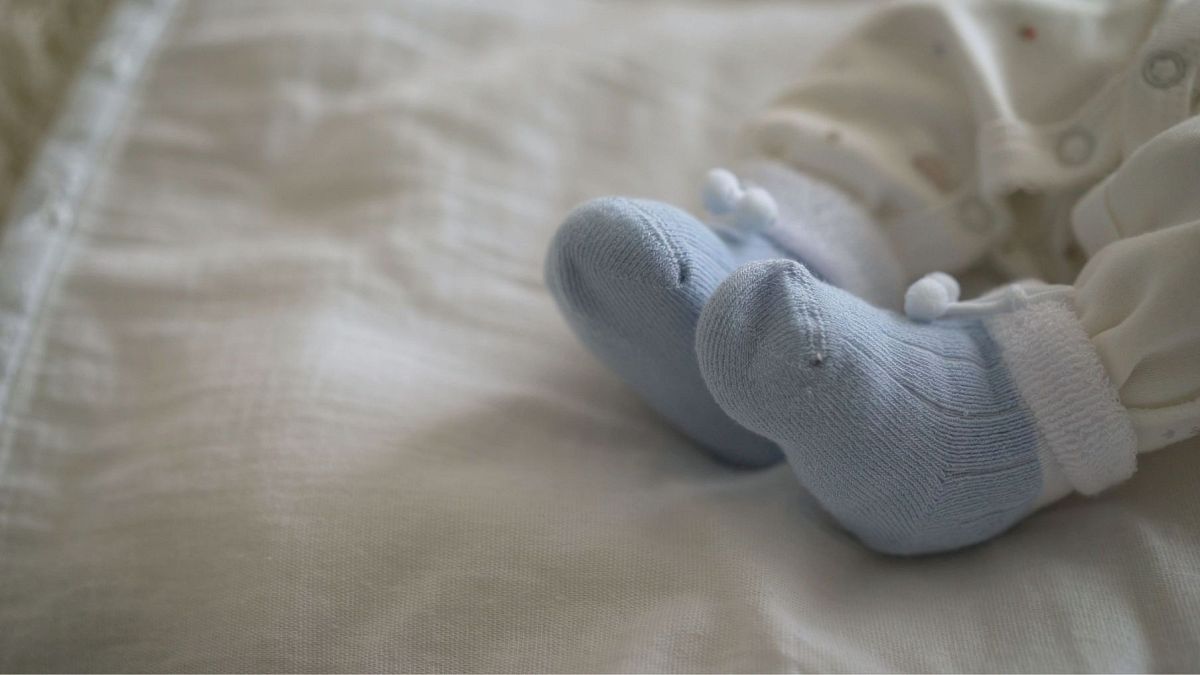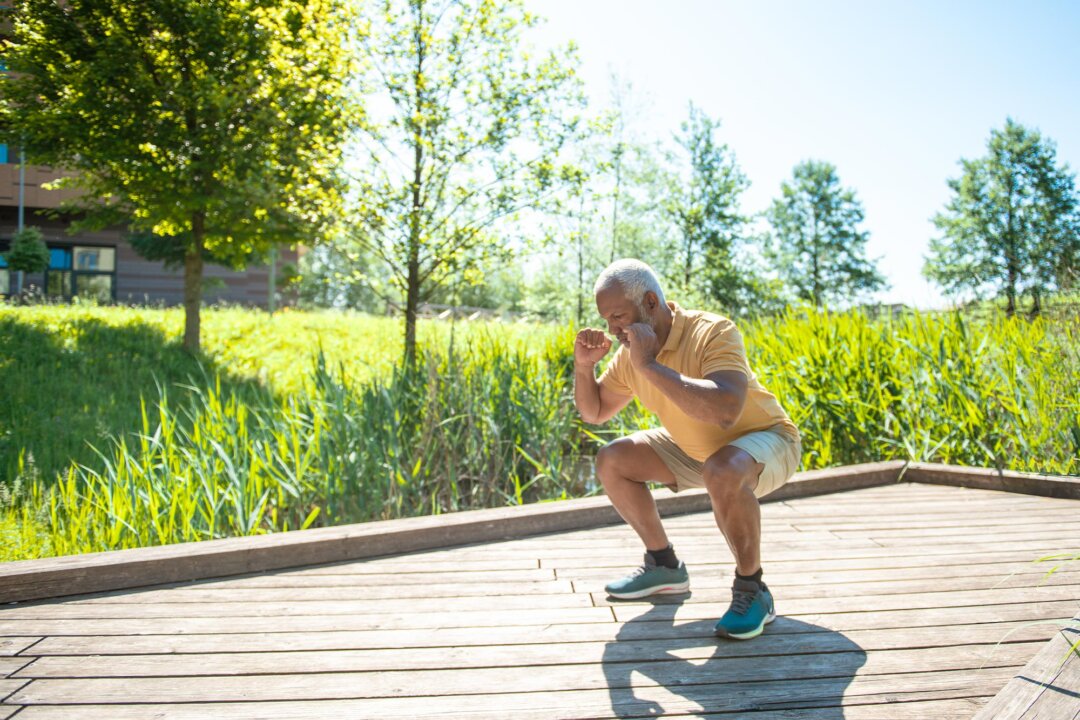A 36-year-old woman is the first woman to give birth following a womb transplant in the United Kingdom. Grace Davidson was 19 when she was diagnosed with a rare medical condition that meant she did not have a working uterus and could not carry and give birth to her own baby. In 2023, her sister as part of a living donor programme, making Davidson the first woman to receive a womb transplant in the UK.
Davidson underwent fertility treatments and delivered a baby girl via caesarean section in February, according to Imperial College Healthcare NHS trust. Both Davidson and her child are doing well. “Transplants are usually carried out in order to save a life.

With this transplant we have been able to enhance a life, and now to create a life,” said Dr Isabel Quiroga, a surgeon and co-lead of the living donor programme at the charity Womb Transplant UK, which funded the operation. The NHS trust said the baby’s birth was the culmination of more than 25 years of research into womb transplantation. More than 100 womb transplants have been reported worldwide, with more than 50 healthy deliveries so far.
The first birth was reported in Sweden in 2014. The procedure could make it possible for more women who do not have uteruses – either due to rare conditions like Davidson’s or because their wombs were removed, for example during cancer treatment – to deliver their own babies rather than relying on surrogacy or adoption. About one in 5,000 women in the UK are born without a viable womb, the NHS trust said.
Independent experts described the UK birth as a “milestone” but said more work is needed to ensure the procedure is safe for both the womb donor and recipient as well as any children born after the transplant takes place. In the UK programme, which aims to do five operations, women will have a hysterectomy to remove the transplanted uterus once their families are complete. While they have the donor womb, they will take immunosuppression medication.
“Careful consideration needs to be given to balancing the risks and benefits of this procedure,” said Nicola Williams, a lecturer in the ethics of human reproduction at Lancaster University. Meanwhile Laura O’Donovan, a law lecturer at the University of Sheffield, said National Health Service (NHS) officials will have to decide whether womb transplants should be publicly funded – and who will have access to them. “These are difficult decisions that NHS commissioners will need to make in the context of scarce resources,” O’Donovan said.
.
Health

Woman born without a viable uterus gives birth after UK’s first womb transplant

The woman received a womb transplant from her sister in 2023, becoming the first in the UK to undergo the procedure.













